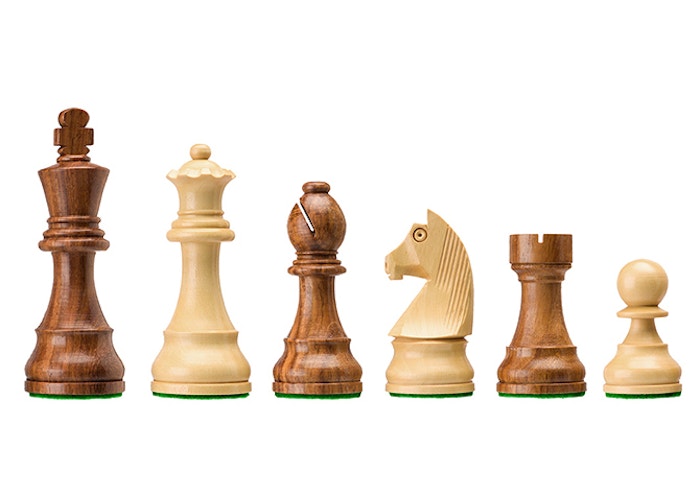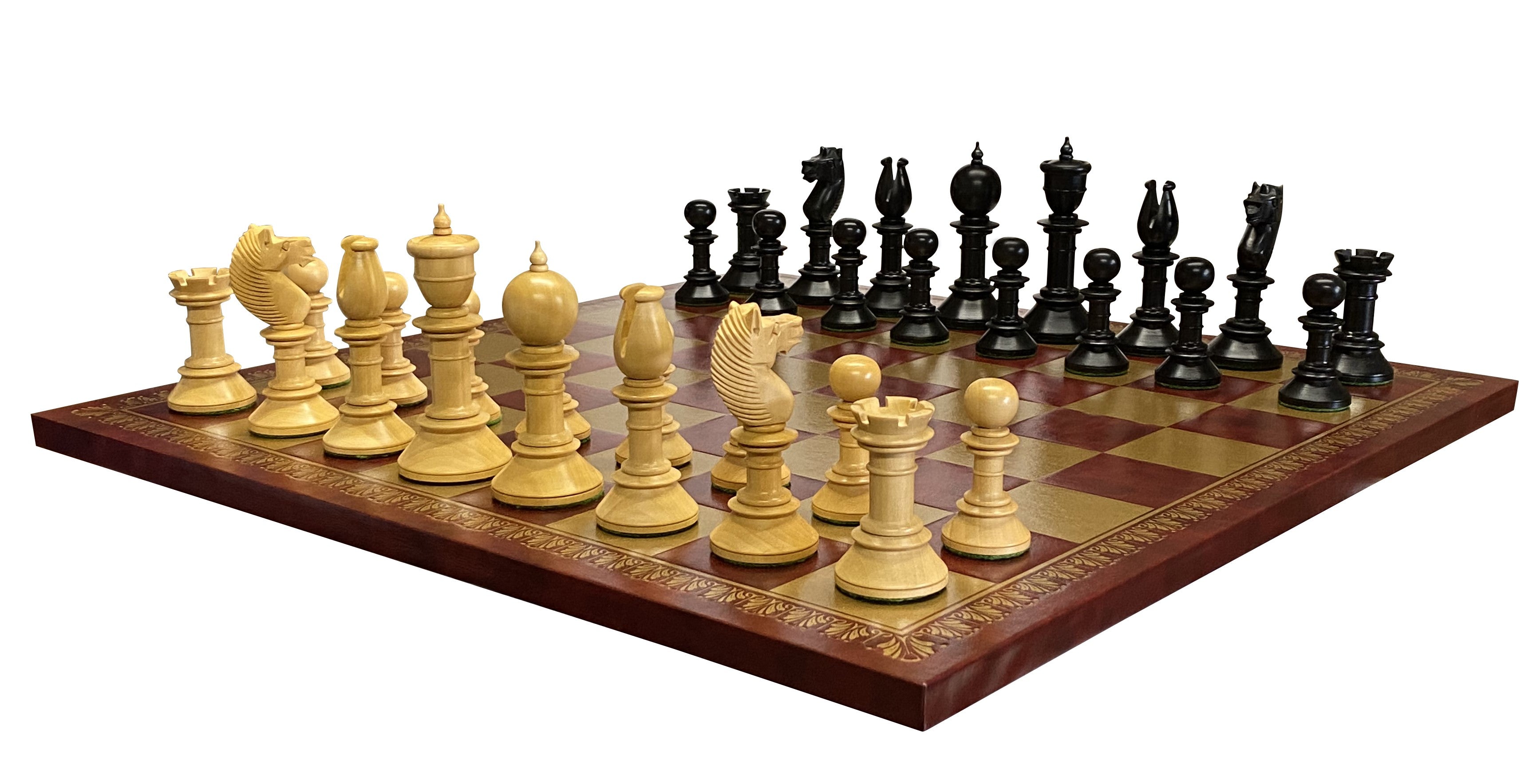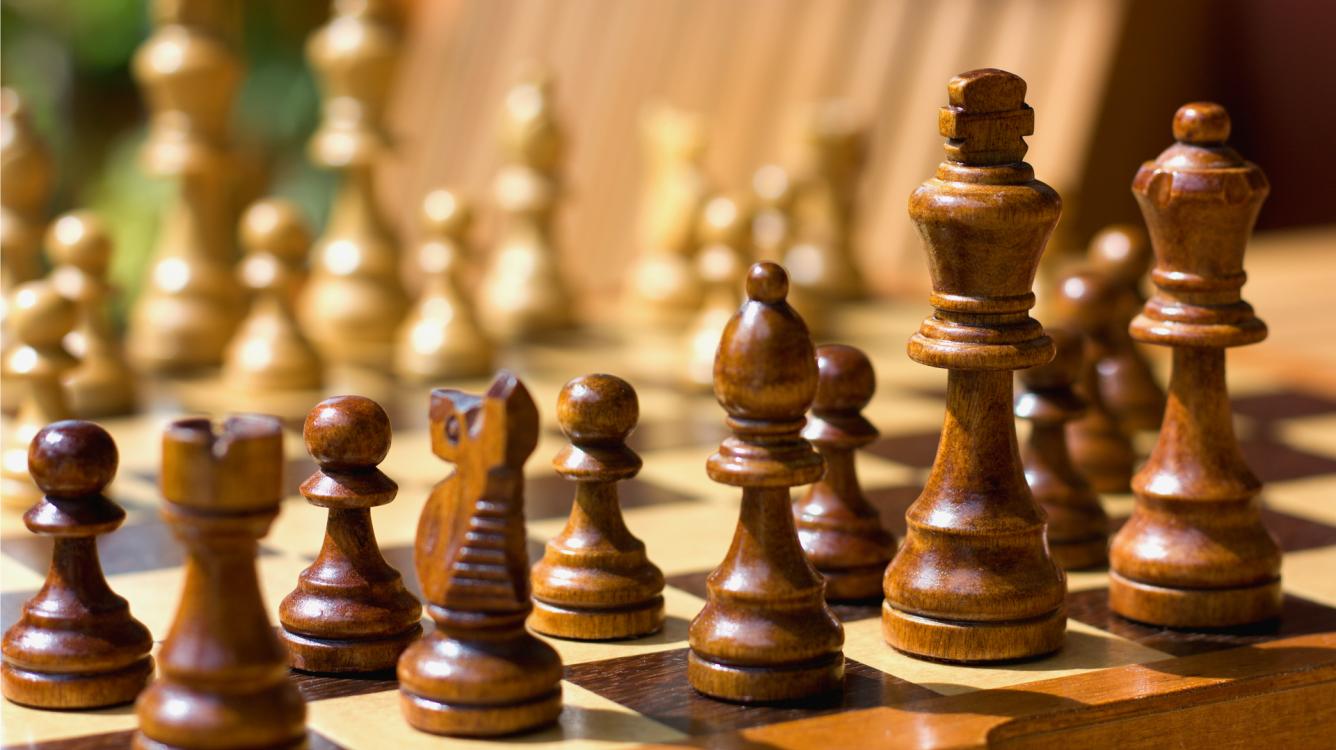Everything about Chess: Discover the Interesting History and Approaches Behind the Game
Chess, with its origins dating back to sixth century India, has transformed substantially over the centuries. This game has actually mesmerized minds worldwide, showcasing the radiance of legendary gamers like Garry Kasparov and Bobby Fischer. Understanding the intricacies of chess, from the movements of each piece to important techniques, reveals its depth. The inquiry continues to be: what drives the sustaining fascination with this old game? Discovering its history and methods may reveal deeper understandings.
The Origins of Chess: A Trip Through Time
The specific origins of chess stay unclear, historic evidence recommends that the game developed from earlier methods played in India around the 6th century. Called Chaturanga, this very early kind of chess included pieces representing infantry, cavalry, elephants, and chariots, mirroring the military methods of the moment. As Chaturanga spread out with trade courses, it adjusted to different cultures, leading to the development of Shatranj in Persia. This alternative introduced brand-new rules and piece motions, laying the structure for modern chess.
Chess Prodigies: Notable Figures in the Game's History
Throughout chess background, impressive prodigies have actually arised, forming the game's landscape and motivating future generations. From legendary champions who dominated the boards in their time to modern talents redefining the limits of young people and ability, these gamers have made indelible marks on the sporting activity. Their tales highlight not just private sparkle however additionally the evolving nature of chess as an affordable endeavor.
Famous Chess Champions
Chess has been formed by the brilliance of numerous epic champions whose payments have actually left an indelible mark on the game. Numbers like Garry Kasparov, understood for his dynamic style and unparalleled calculated deepness, dominated the chess world throughout the late 20th century. Anatoly Karpov, his opponent, showcased outstanding positional understanding and emotional expertise, securing multiple world titles. Bobby Fischer, an American natural born player, changed chess with his exceptional talent and extreme focus, finishing in his 1972 World Champion success. Additionally, José Raúl Capablanca's all-natural capability and endgame mastery established new criteria in the early 20th century. These champs not only mastered competitors yet additionally motivated generations, shaping chess right into an international phenomenon celebrated for its intellectual rigor and creativity.
Modern-Day Prodigies
What makes a chess prodigy truly impressive? The capability to understand complex approaches at a remarkably young age sets them apart. Contemporary chess natural born players like Magnus Carlsen, Fabiano Caruana, and Alireza Firouzja have astounded audiences with their phenomenal talent. Carlsen, coming to be a Grandmaster at just 13, redefined expectations and rose to Globe Champion condition. Caruana, recognized for his deep preparation and tactical expertise, has continually challenged the elite. Firouzja, birthed in 2003, represents the new generation, combining creative thinking with relentless passion. These players exhibit a blend of innate ability, extensive training, and mental fortitude, affecting the game's advancement. Their contributions ensure that chess remains a dynamic and vivid discipline, motivating future generations of players worldwide.
Recognizing the Chessboard: Parts and Their Movements
The chessboard works as the battleground where facility strategies unfold, featuring a special set of items, each with distinct movements and duties. Consisting of 64 squares organized in an 8x8 grid, it is home to the king, queen, rooks, knights, diocesans, and pawns. The king, the most important item, moves one square in any type of instructions, while the queen, one of the most powerful, can pass through any type of variety of squares up and down, horizontally, or diagonally. Rooks move in straight lines, whereas diocesans move diagonally across the board. Knights possess a special L-shaped activity, jumping over various other items. Pawns advance one square but capture diagonally, with the choice to relocate 2 squares onward on their first relocation. Each item's movement adds to the intricate dancing of technique and methods, making the chessboard a dynamic phase for intellectual combat. Understanding these movements is basic for gamers intending to navigate the intricacies of the game.

Vital Techniques for Beginners: Tips to Enhance Your Game
Mastering the activities of chess my latest blog post pieces prepares for establishing effective methods. For newbies, concentrating on regulating the center of the board is necessary. This enables higher wheelchair and impact over the game. Developing items early, as opposed to relocating the very same item multiple times, can help establish a strong position.
Additionally, players need to focus on king safety by castling early, making sure the king is tucked away from dangers. Recognizing tactical chances, such as forks, pins, and skewers, can give advantages in product gain. It is likewise vital to plan ahead; anticipating an opponent's actions fosters much better defensive and offending play.
Maintaining a well balanced approach in between hostile and protective strategies can stop unneeded blunders. By applying these fundamental techniques, beginners can improve their gameplay and construct a strong foundation for future improvement in chess.
Advanced Methods: Boosting Your Chess Skills
In the domain of chess, grasping innovative methods can significantly improve a gamer's ability. Recognizing tactical patterns, grasping endgame methods, and understanding opening up concepts are crucial elements that boost one's game. These components not just boost overall performance yet also foster deeper critical reasoning.

Tactical Patterns Recognition
Identifying tactical patterns is important for boosting chess skills to a higher degree. Gamers who master these patterns can recognize chances for tactical maneuvers, improving their chances of success. Usual patterns consist of forks, pins, skewers, and uncovered attacks, each offering critical advantages when implemented properly. Recognizing these motifs enables gamers to expect their challenger's moves and counter them effectively. Furthermore, researching timeless games can reveal exactly how masters utilized tactical patterns to safeguard victories. Regular method and evaluation of one's very own video games can further enhance pattern recognition, enabling gamers to react swiftly and accurately during matches. Ultimately, honing this skill changes the approach to chess, connecting the space between amateur and innovative play.
Endgame Methods Proficiency
Effective endgame techniques can greatly affect the result of a chess suit, typically identifying the difference between a win and a draw. Advanced players recognize the importance of item coordination and the usage of pawns in the endgame. Trick methods consist of advertising pawns to queens and developing passed pawns that can progress unimpeded. Recognizing vital settings, such as the opposition and zugzwang, is essential for achieving beneficial configurations. Mastery of endgame techniques, such as king and pawn versus king circumstances, can transform prospective losses into draws or wins. Gamers need to additionally concentrate on simplifying the placement when in advance, exchanging items to convert product advantages into triumph. Continuous method and analysis of endgame positions will elevate a gamer's overall chess abilities significantly.
Opening Up Principles Comprehending
Mastering endgame methods lays a strong foundation for recognizing opening concepts. In chess, the opening stage is important as it establishes the stage for the center game. Chess. Players must focus on control of the center, creating items effectively, and making certain king safety. Efficient openings frequently entail relocating pawns to establish main prominence while collaborating small and major items for optimal activity. The concepts stress not moving the very same piece several times without need and preventing very early queen advancement, which can bring about vulnerability. By adhering to these foundational techniques, gamers here are the findings can create a strong framework that boosts their tactical possibilities later in the game. Understanding these opening concepts is essential for raising one's chess skills and achieving success

The Cultural Effect of Chess: Why It Issues Today
Chess, a game with origins mapping back over a millennium, proceeds to apply an extensive cultural influence throughout the world. It transcends mere home entertainment, working as a device for education, critical thinking, and social interaction. Numerous universities incorporate chess into their curricula, advertising cognitive advancement and strategic thinking amongst students. The game view additionally cultivates inclusivity, bringing with each other varied areas and motivating intergenerational connections.
Chess has penetrated preferred society, motivating literature, movies, and also style. Iconic numbers like Bobby Fischer and Garry Kasparov have actually come to be cultural signs, showing the game's possibility for individual and nationwide pride. In the electronic age, on-line systems have even more equalized accessibility to chess, making it possible for millions to engage with the game. As culture faces complex challenges, chess stays relevant, using lessons in patience, insight, and strength, therefore enhancing its significance in modern-day culture and day-to-day live.
Frequently Asked Inquiries
Exactly How Has Chess Influenced Popular Society and Media?
Chess has significantly affected popular society and media, appearing in movies, literature, and art. It represents intelligence and strategy, inspiring narratives and personalities while advertising themes of dispute, competition, and the human experience.
What Are the Conveniences of Playing Chess for Mental Wellness?

Are There Various Chess Versions Played Around the World?
Yes, different chess versions are played globally, including Bughouse, Chess960, and Three-check chess. Each alternative presents unique rules and techniques, supplying gamers with varied experiences and difficulties that differ from standard chess.
Exactly How Do Chess Engines and AI Influence Modern Chess?
Chess engines and AI greatly enhance contemporary chess by offering sophisticated evaluation, enhancing gamer abilities, and affecting approaches. They serve as training tools and competition help, changing how gamers come close to the game at all levels.
What Are Typical Mistaken Beliefs About Chess Athletes?
Common misunderstandings regarding chess players include the belief that they are all introverted geniuses, solely concentrated on technique. Chess. In truth, gamers differ greatly in personality, background, and technique, frequently taking pleasure in social communications and varied passions